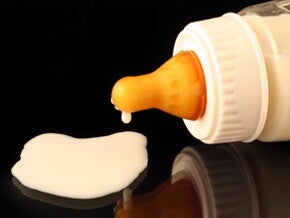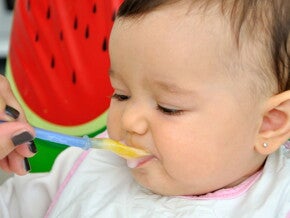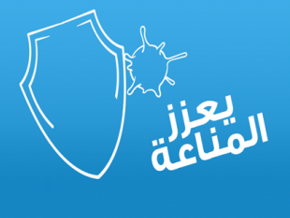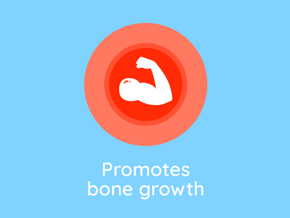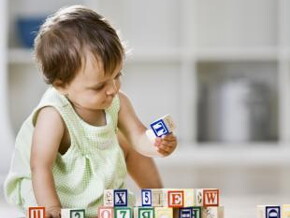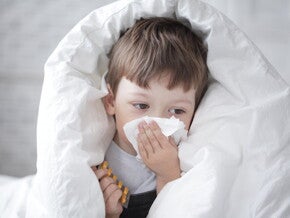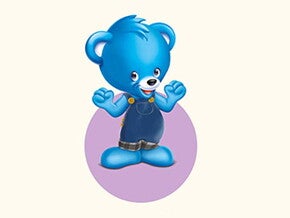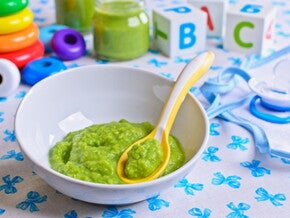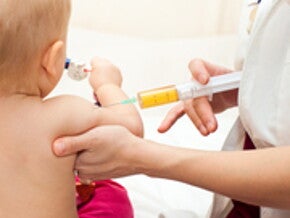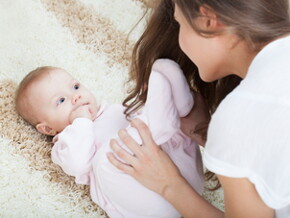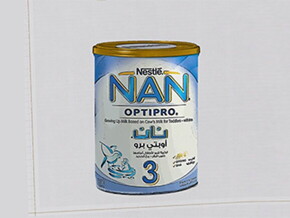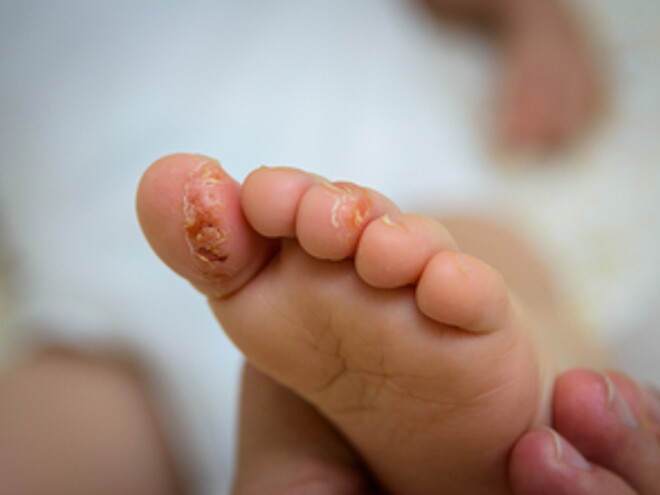
Eczema In Children
Atopic Dermatitis: Causes, Signs and Treatment
IMPORTANT NOTICE: The World Health Organization (WHO) recommends exclusive breastfeeding for the first 6 months and continued breastfeeding for as long as possible. Growing up milks are formulated to meet nutrition needs of healthy young children older than 1 year and should not be fed to infants.
Atopic eczema or atopic dermatitis is one of the chronic but non-contagious skin diseases among infants and children. It is as well the first step in the Atopic March that gradually develops from eczema to food allergy ending as rhinitis and asthma.
Risks of being affected with eczema increase among children who suffer from asthma, food allergy or seasonal allergy and those descending from allergic parents or from a mother or father with eczema, asthma or hay fever.
Eczema symptoms among infants and children vary from itching and redness to dehydration and skin rash that is usually prominent on the front, cheeks and scalp of infants less than six months old, on the knees and elbows of babies between six month and one year old, on the wrists, ankles, hands and around the mouth of children between 2 and 3 years old.
Eczema symptoms may be painful and cause ulcers and changes in skin color, and the associated itching may be severe enough to wake a baby in the night.
Unfortunately, there is no cure for treating or preventing eczema in infants and children, yet it is quite possible to delay the appearance of symptoms.
Exclusive breastfeeding for the first 6 months then complementary breastfeeding till the end of baby’s first year could be your best bet to protect your little one from eczema and other types of allergy, given the power of breast milk components to reduce allergy symptoms compared to cow’s milk.
But if breastfeeding is not possible for any reason whatsoever, different international organizations and associations like “Food and Drug Administration” and the “American Academy of Allergy, Asthma and Immunology”, advise you to feed your baby partially hydrolyzed formula, which is the type of formula that contains long but broken-down protein structure and other components enhancing your baby's immunity and reducing his allergy symptoms. And for better results, they recommend you as well to delay your baby’s weaning until he’s six month old, and avoid his exposure to allergens and irritants like certain foods, pollen, dust mites, dry climate, etc.
After all, there is no cure for eczema and prevention is the only way to reduce its impact on your baby’s health and safety until time passes and he gets better!
Read More: Choosing The Right Hypoallergenic Infant Formula For Your Baby



